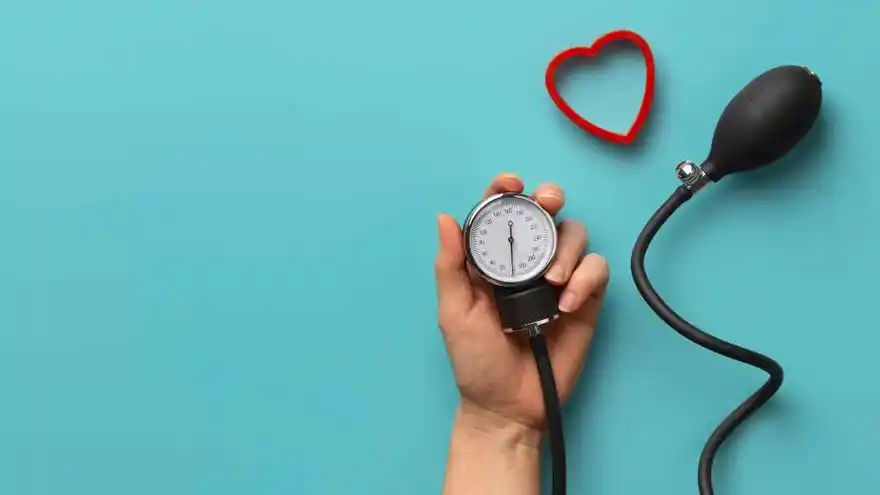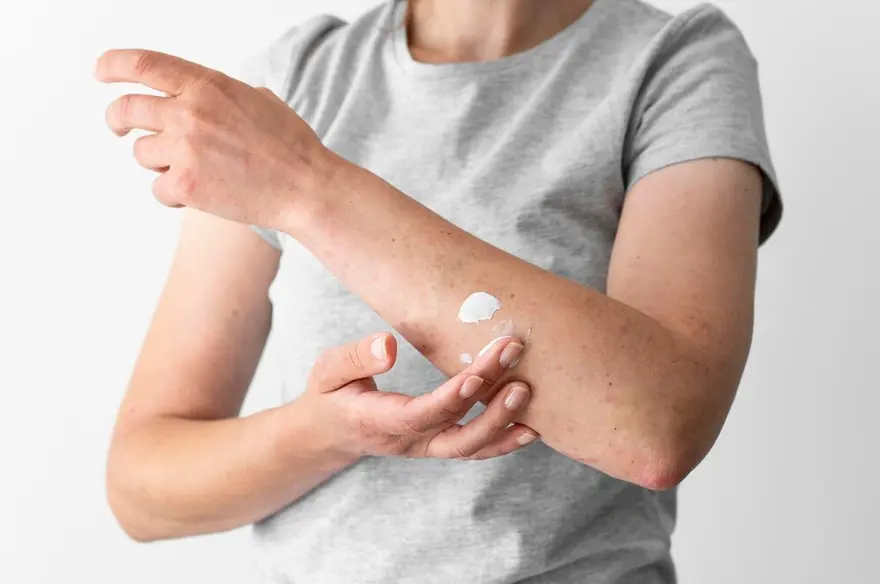Preventive Healthcare
Bradycardia (Low Heart Rate): Symptoms, Causes, Treatment, and More
4260 Views
0

What is Bradycardia?
If your heart beats fewer than 60 times a minute, you may have a condition called bradycardia. This can be dangerous as your heart does not produce enough oxygenated blood that your body needs.
How Do I Know If I Have Bradycardia vs. Tachycardia?
The conditions of bradycardia and tachycardia are opposite. While bradycardia stands for slow heart, tachycardia is a swift heart where your heart rate may be faster than usual.
Who Does It Affect?
Bradycardia is a common condition affecting individuals of any age and gender. However, it is more common in those older than 65. Moreover, if you have certain genetic conditions, like sick sinus syndrome, that you are born with that slows your heart, you are an exception!
How Common is Bradycardia?
It is believed that 1 in every 600 people over the age of 65 has bradycardia. It is also more common among this age group when they sleep. Bradycardia symptoms can also be found in individuals who exercise regularly. However, this is not a cause of concern as the heart is more efficient when pumping blood even though it is slower.
Is Bradycardia an Arrhythmia?
Bradycardia can be considered an abnormal heart rhythm or arrhythmia as it beats slower than the typical rate. Most healthy adults have a heart rate range of around 60 to 100 beats per minute.
Although bradycardia is considered a medical condition of its own, many doctors treat it as a symptom of another condition because it happens because of or along with another condition.
How Does This Condition Affect My Body?
When you have bradycardia, your heart beats slower than an average adult's heart. As a result, your heart does not pump enough clean blood to keep up with your body's oxygen demand. This lack of oxygen can affect your entire body, especially your heart and brain, causing you to show the following symptoms.
What are the Symptoms of Bradycardia?
Bradycardia symptoms include:
- Shortness of breath
- Fatigue
- Chest pain
- Palpitations of the heart
- Confusion
- Problems with memory
- Difficulty concentrating
- Fainting, lightheadedness, and dizziness
- Irritability
Bradycardia symptoms sometimes also feel like heart failure or angina, i.e., you may feel pain or pressure in your chest.
What Causes Bradycardia?
The most common bradycardia causes include:
- Not enough electrolytes like calcium, magnesium, or potassium
- An eating disorder Anorexia nervosa
- Inflammation in the inner lining of the heart, heart muscle, or pericardial sac
- Infections like strep throat
- Rheumatic fever or heart disease
- Lyme disease
- Chagas disease
- Sick sinus syndrome
- Heart block
- Drugs like beta blockers
- Radiation therapy
- Heart surgery
Other conditions that can also cause bradycardia causes include:
- Heart attack/failure
- Coronary heart disease
- Lupus
- Scleroderma
- Sleep apnea
- Hypothermia
Is Bradycardia Contagious?
While bradycardia itself is not contagious, some conditions that bradycardia causes, like strep throat, can be.
How is Bradycardia Diagnosed?
A regular physical examination coupled with diagnostic tests helps diagnose bradycardia.
What Tests Will be Done to Diagnose Bradycardia?
The following tests help to check the bradycardia rate:
- Electrocardiogram
- Diagnostic blood tests to check your
- Electrolyte levels (NHS test)
- Thyroid hormone (TSH test)
- Troponin
- Toxicology levels (Tox screen)
If your doctor suspects any underlying condition may cause your bradycardia, he may advise other tests related to the condition.
How is Bradycardia Treated, and is it Curable?
Bradycardia is highly curable; you may not even need bradycardia treatment if you are not displaying symptoms. For those who are showing symptoms of bradycardia, the treatment is relatively simple and often curable. Bradycardia rate caused by certain medical conditions can be cured by treating the underlying cause.
What Medications/Treatments Are Used?
The primary bradycardia treatment options include:
Medication
If you are experiencing shallow blood pressure, your doctor may advise an Intravenous (IV) or injectable medication like atropine that helps your heart beat faster. This kind of bradycardia treatment can be hospital-specific as they need to be carefully monitored.
Temporary Pacing
In this kind of bradycardia treatment, a device uses electrical contacts to touch or attach to the skin of your chest. These contacts help mild electric currents enter your body and help your heart beat faster. This is an effective solution for bradycardia for individuals who need a permanent pacemaker or have short-lived bradycardia.
Permanent Pacemaker
A permanent pacemaker is one of the best bradycardia treatments. This is effective for conditions such as sick sinus when the natural pacemaker cells in your heart are not working correctly. A permanent pacemaker is not a cure for bradycardia but can be an effective long-term solution.
What are the Complications of Bradycardia?
Complications of bradycardia, like frequent fainting or heart failure, can arise due to a lack of treatment for a prolonged period. You may also experience specific side effects or complications from medications that can depend on the kind of drug you take. Speak to your healthcare provider about the potential side effects or complications you may experience.
How Soon After Treatment Will I Feel Better?
You will start feeling better as soon as you begin your bradycardia therapy. Most medications work pretty quickly, and if you undergo pacemaker surgery, you will start feeling better as soon as the procedure is completed.
Can I Prevent Bradycardia?
In many cases, preventing bradycardia is not possible. However, it can be prevented if the low heart rate is due to:
- Recreational drug use
- Infections
- Anorexia nervosa
What Can I Expect If I Have Bradycardia?
People who do not show symptoms of bradycardia need not worry about it as they are typically in good physical shape. For those who are displaying symptoms of bradycardia, you can get a better outcome if you seek treatment immediately, as a delay in treatment can cause other health complications.
How Long Does Bradycardia Last?
Bradycardia can either be short-lived or lifelong; the underlying cause of the condition helps you understand how long it will last.
When Should I See My Doctor?
A yearly health checkup with your regular healthcare provider, regardless of whether you have a health condition, can help you promptly diagnose a range of healthcare problems. This is especially true if you have bradycardia but are not displaying any known symptoms.
If you are showing signs of bradycardia, it is best to visit your doctor immediately to understand the changes you need to make to ensure this condition does not affect your daily life.
Conclusion
Bradycardia is a condition that may or may not show symptoms. However, even if you show symptoms of bradycardia, it is not a cause of concern as it is easy to cure at early stages. Regular health checkups at reputed diagnostic labs like Metropolis Healthcare help with earlier diagnosis of underlying health conditions that you may not know you have.
























